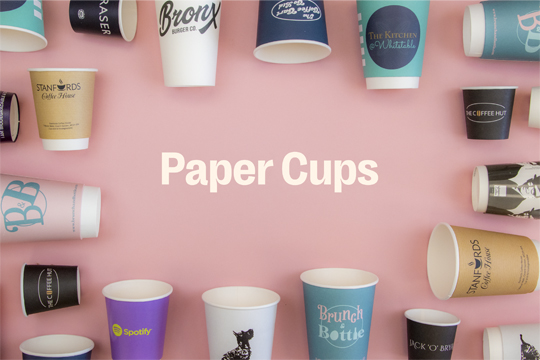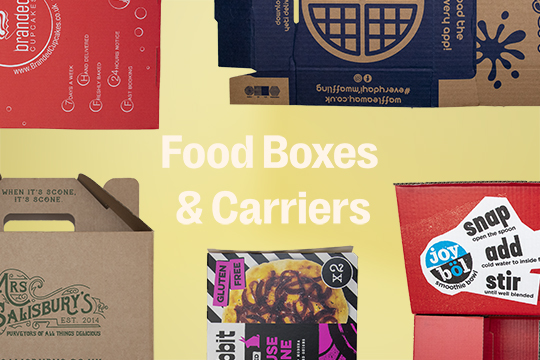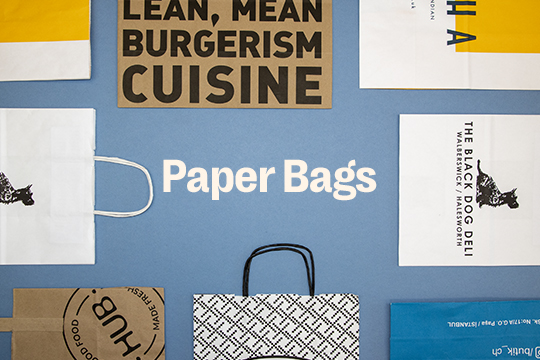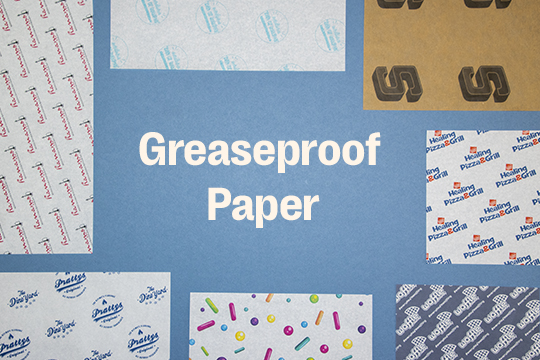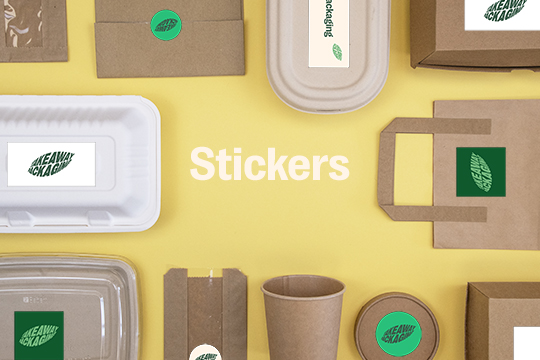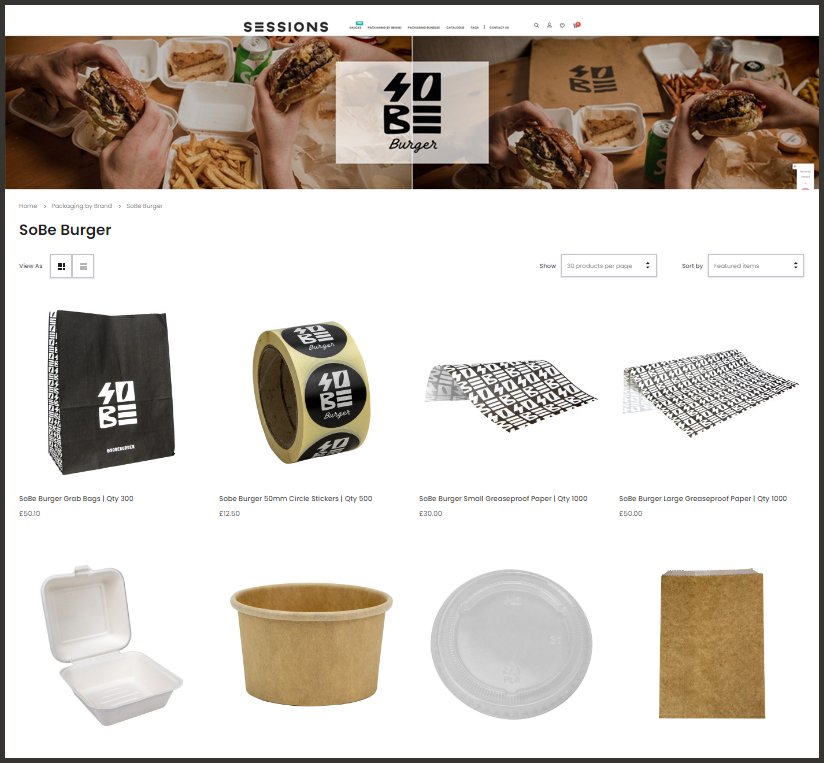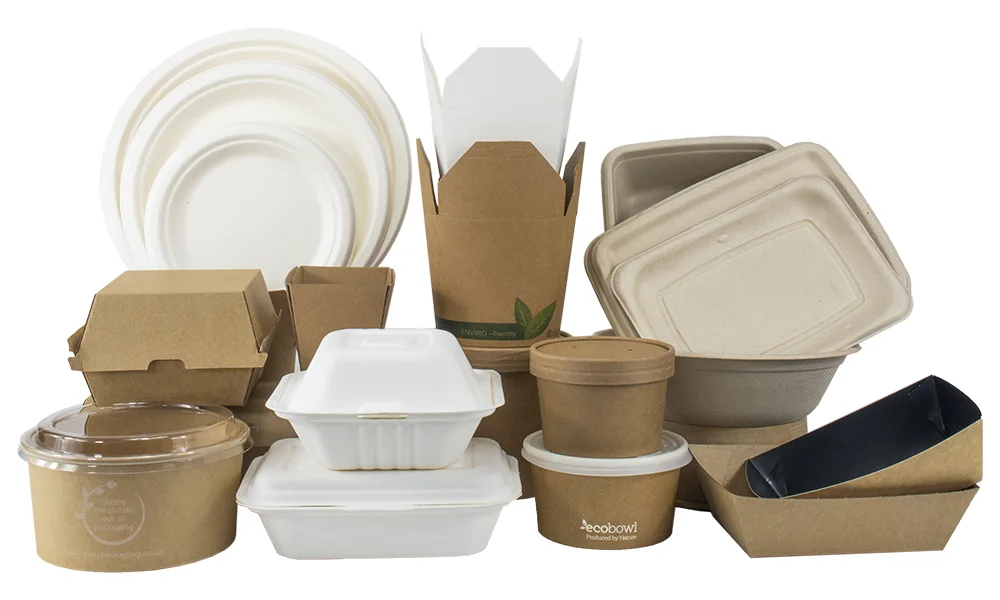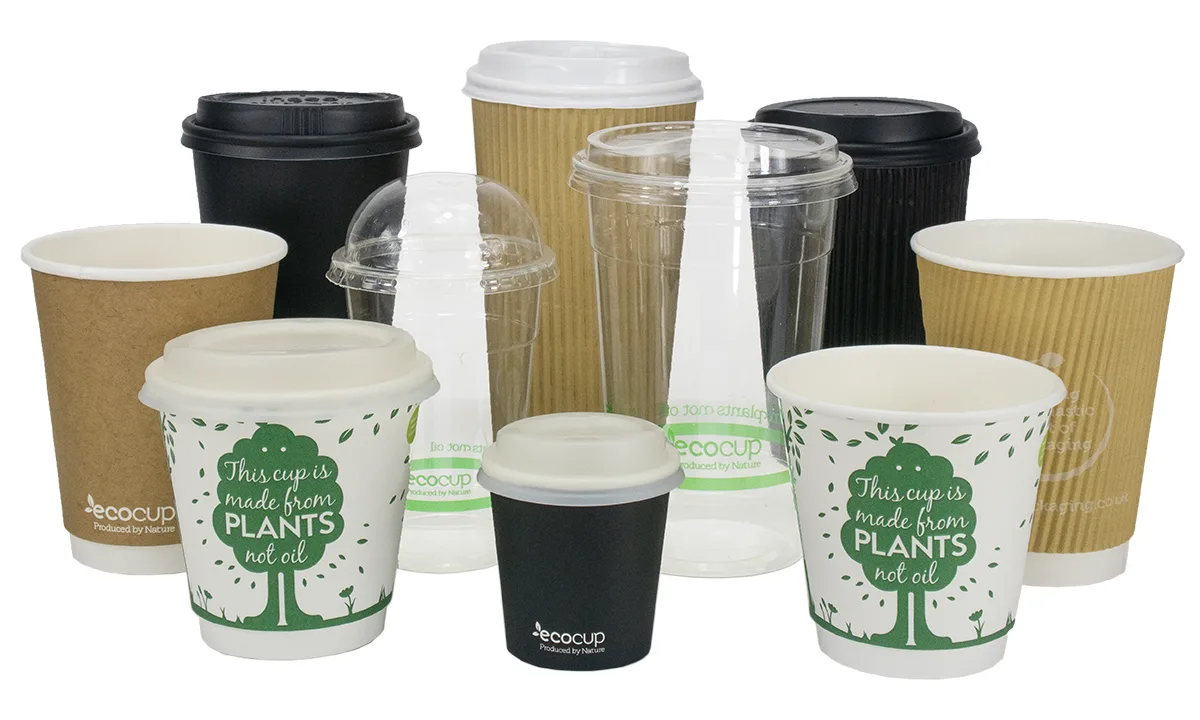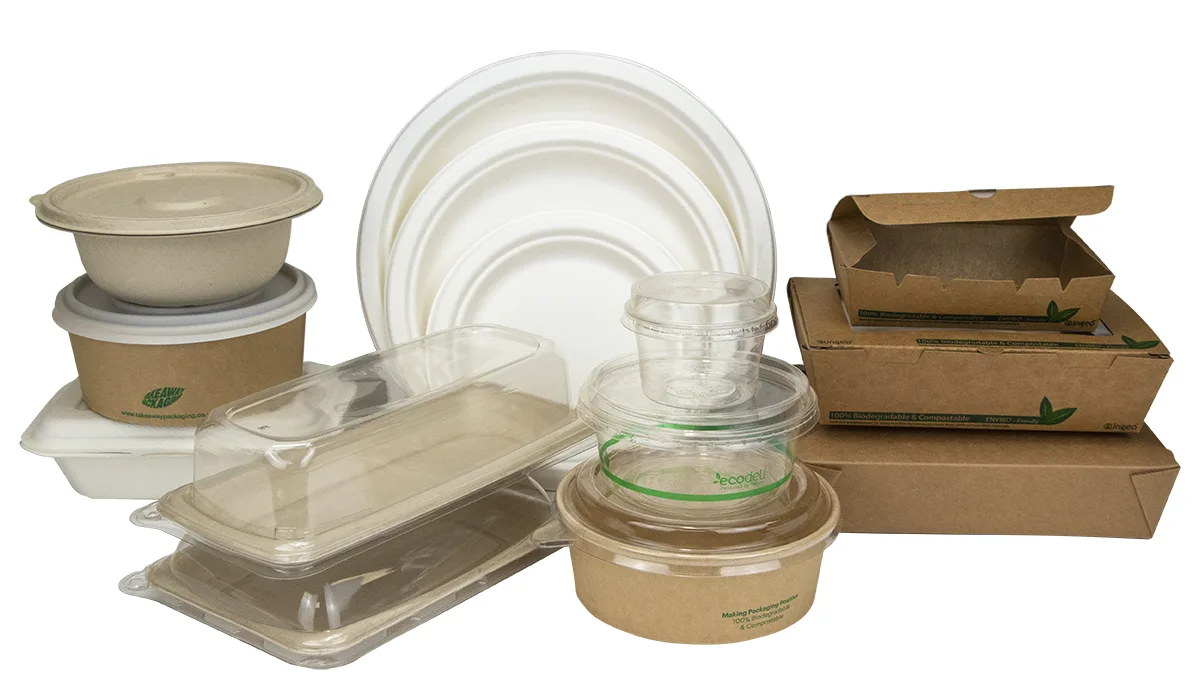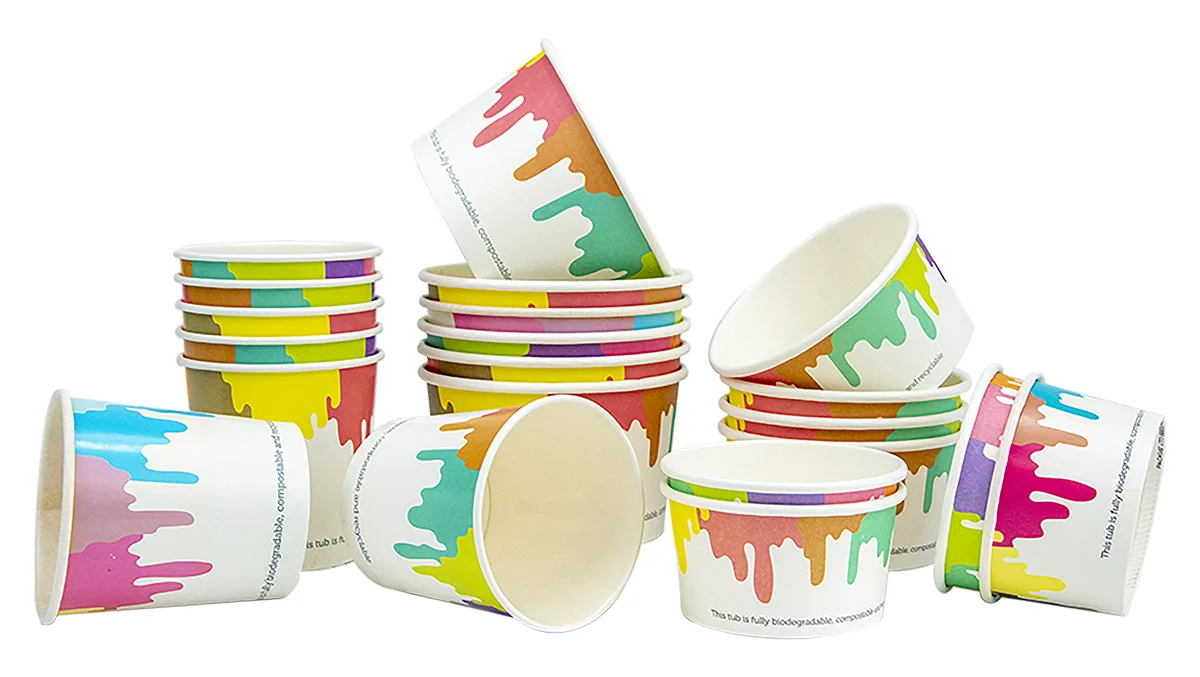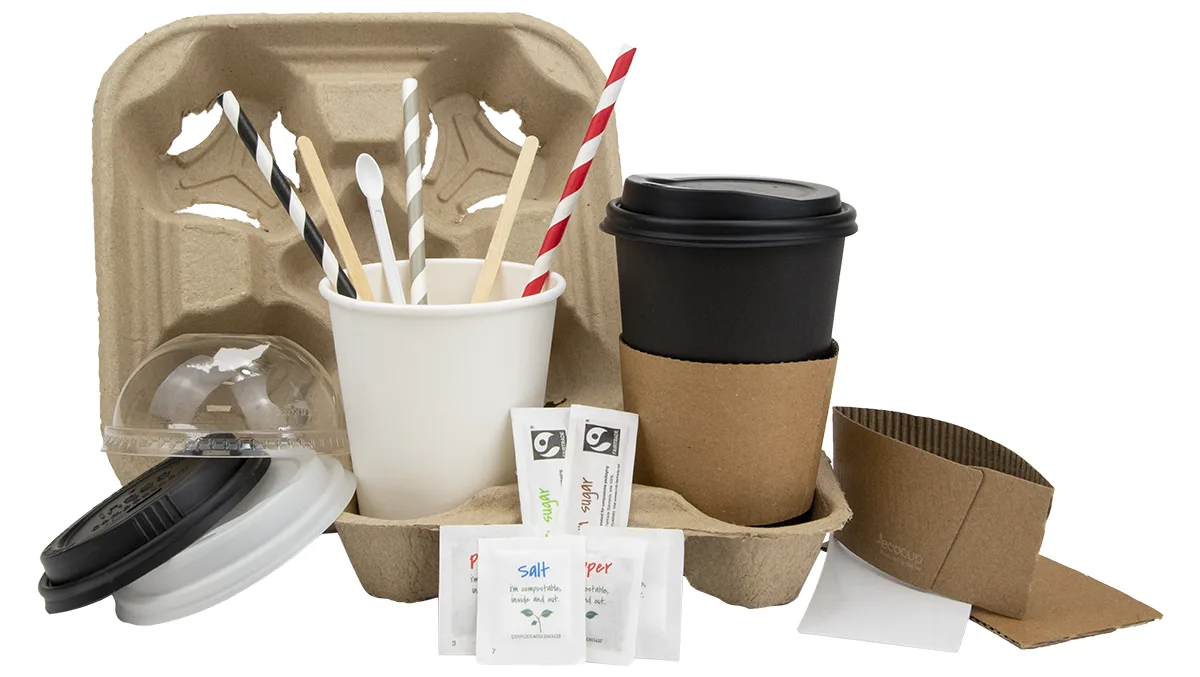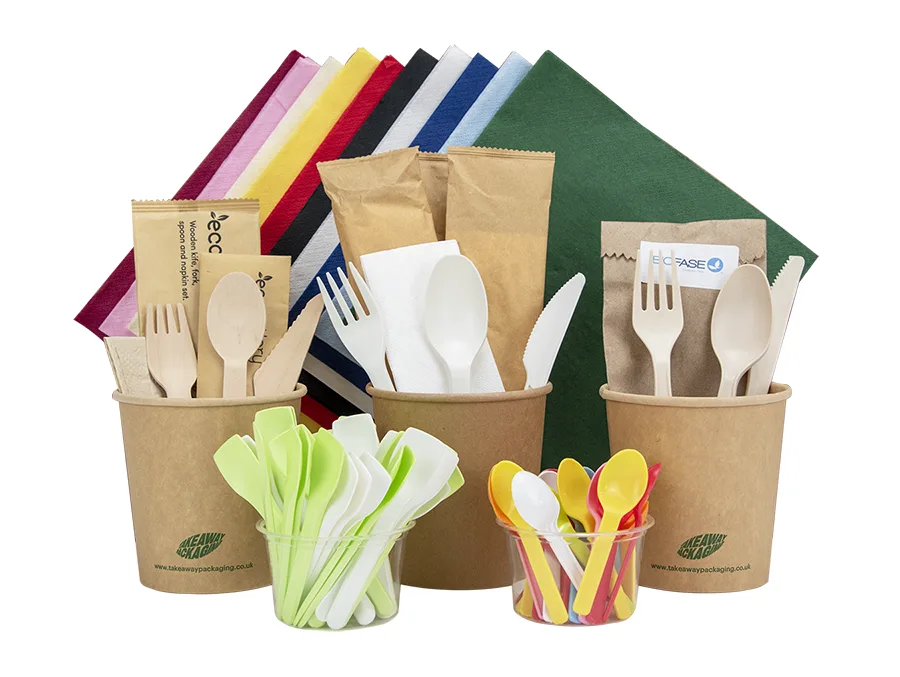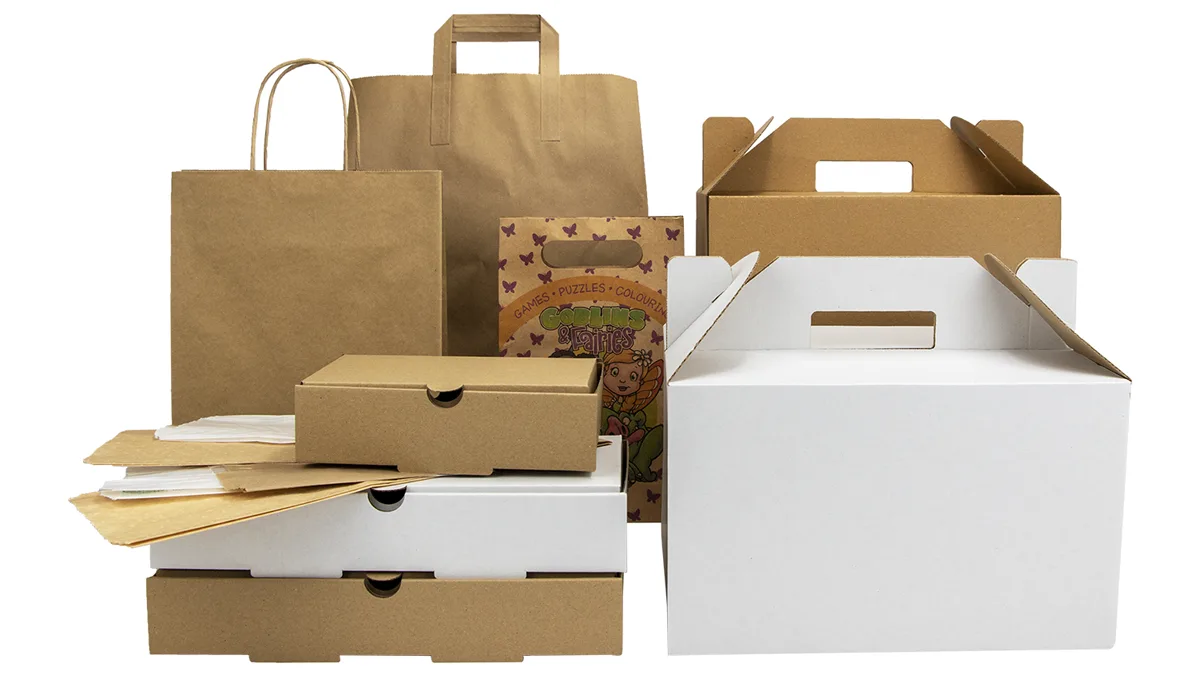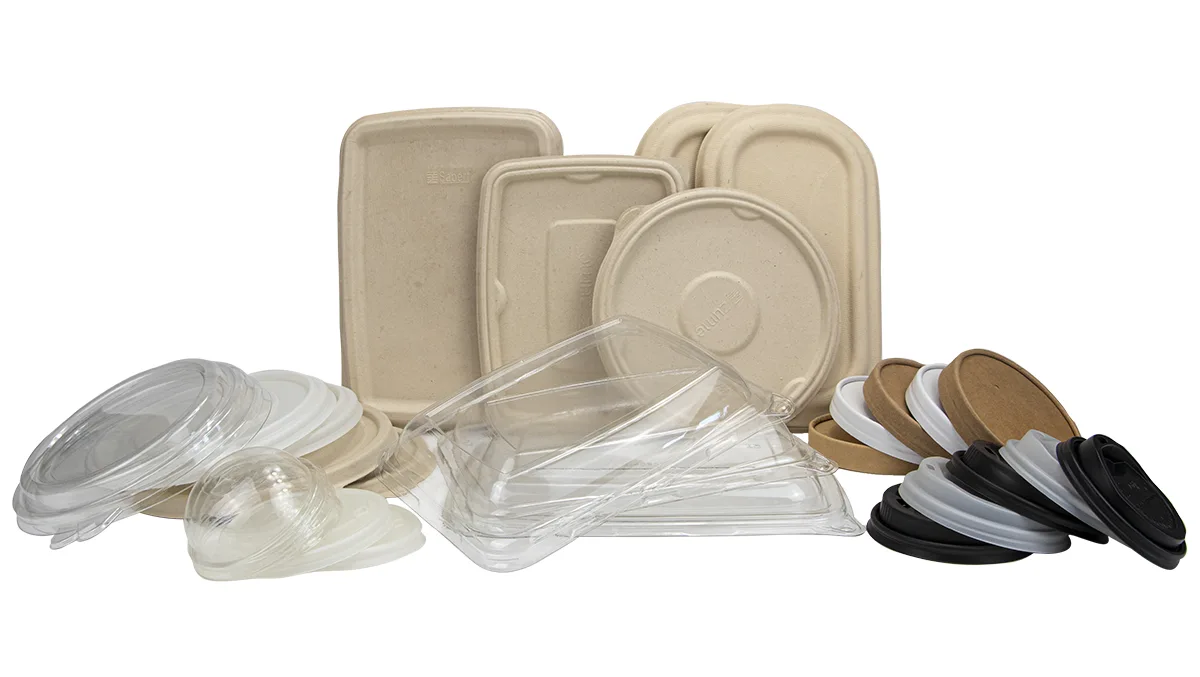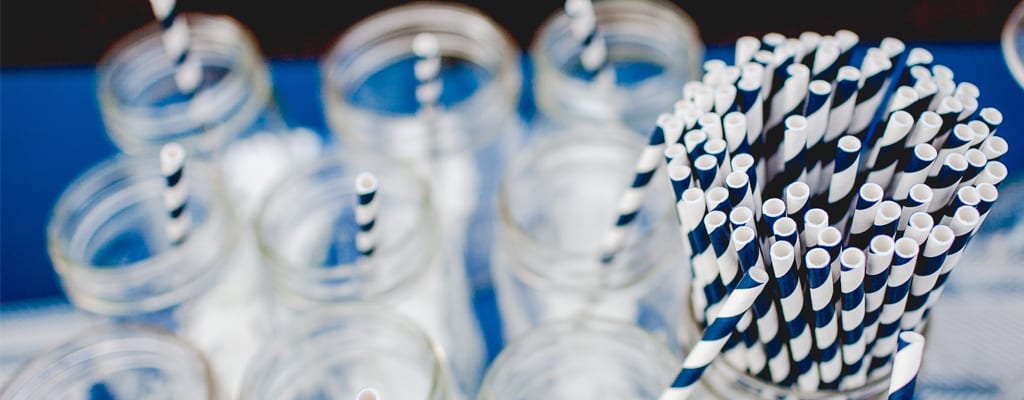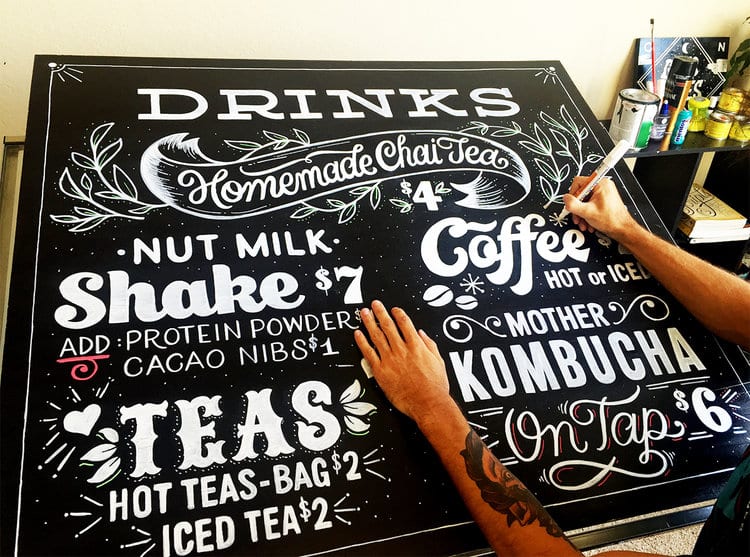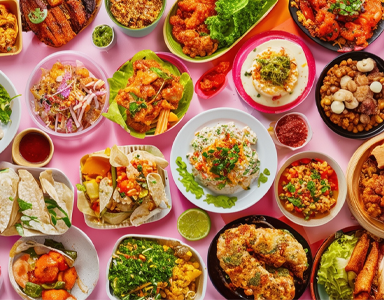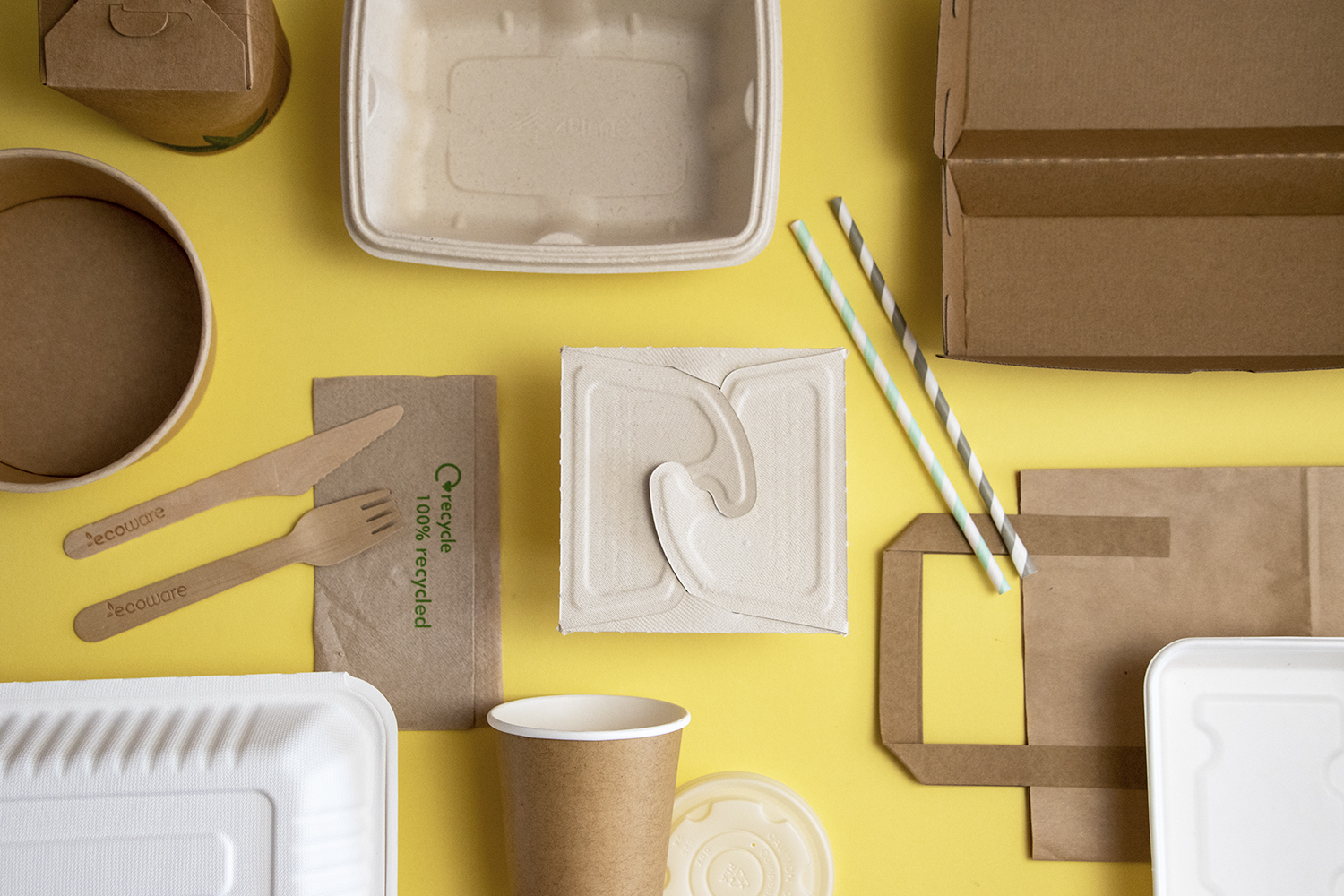From April 2020 the government are rolling out a scheme to ban plastic straws, drinks stirrers and plastic stem cotton buds in England, so if you haven’t already ditched plastic straws in favour of a more eco-friendly alternative, then now is the time to do it.
How Much Pollution Do Plastic Straws, Drink Stirrers and Cotton Buds Really Create?
It’s estimated we throw away 8.5 billion straws every year in the UK. The Marine Conservation Society’s Great British Beach Clean 2017 found cotton bud sticks to be the 8th most frequently counted litter item on UK beaches and straws/cutlery as the 10th.
Unfortunately, these items do tend to be discarded irresponsibly via flushing in the case of cotton buds or by littering. Either way, plastic straws can take up to 200 years to decompose. Staggering to think a product that is used just once for such a brief moment in time, will be around long after our lifetime causing damage to our wildlife and our planet.
It is encouraging to see however that research carried out by MPA, shows that the public passionately support the ban with 83% of respondents unsurprisingly voting in favour of the move.
Who Else is Banning Plastic Straws?
The wave of plastic straw bans and the replacement with paper straws has taken hold over recent years, with the UK Government slow to make the move. Many food chains have already taken it upon themselves to move to more eco-friendly options; All Bar One started to replace their 4.7 million plastic drinking straws in 2017 with eco-friendly alternatives. Weatherspoons stopped using plastic straws in 2018. McDonalds have already completed their roll out to ban plastic straws and Starbucks already pledged to phase out plastic straws completely by 2020.
Plastic straw bans are already sweeping the US in states such as California and Seattle, so why has it taken the UK so long to follow suit? Although the environmental issues surrounding plastic straws are obvious, straw pollution comprises of just 0.025 percent of the 8 million tons of plastic that flow into our oceans every year.
The opinion of environmentalists is that although prohibiting plastic straws alone won’t dramatically change much, it is it’s an import step to a larger well needed change in future behaviour.
The History of The Straw
Isn’t it funny how things in the world tend to go full circle over time? The first straw to be patented in 1888 was based on paper wrapped around a pencil and glued together, this led to the mass production of straight paper straws by 1890 with the bendable paper straw invented some 40 years later.
It wasn’t until the 1960’s that it was discovered that straws could be made more economically and with more durability from plastic, which quickly went into mass production.
Paper Straws and Bio Plastic Straw Alternatives
At Takeaway Packaging, we stock the obvious and widely used paper straw option, which can be purchased in an abundance of colours, styles and sizes.
If a paper straw doesn’t float your boat, we also stock many biodegradable straws made from Ingeo PLA. These are lightweight options that look very much like a plastic straw, while being eco-friendly. PLA straws have the physical appearance of plastic but are made from bioplastic, which is 100% biodegradable and commercially compostable.

